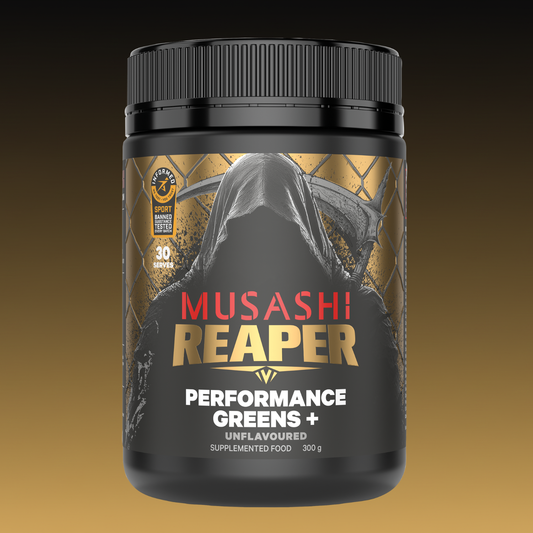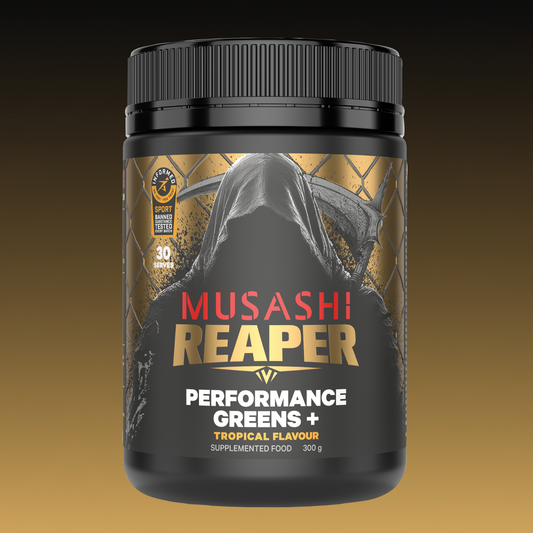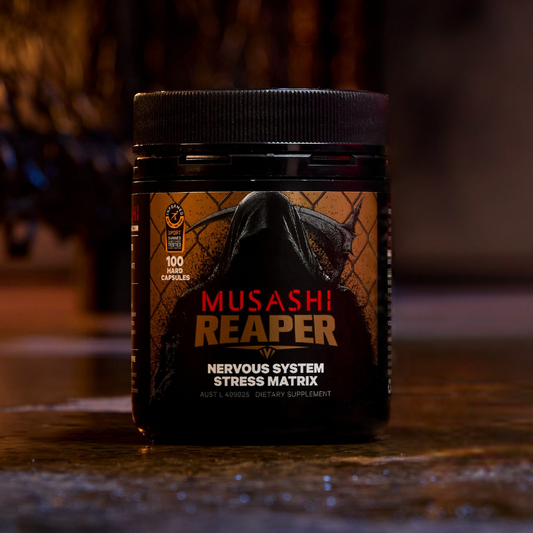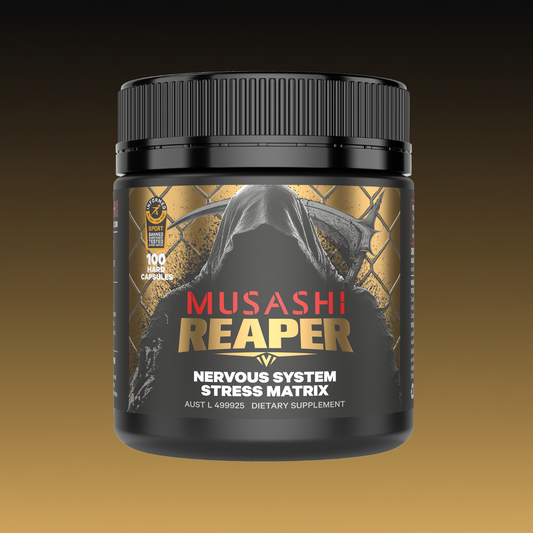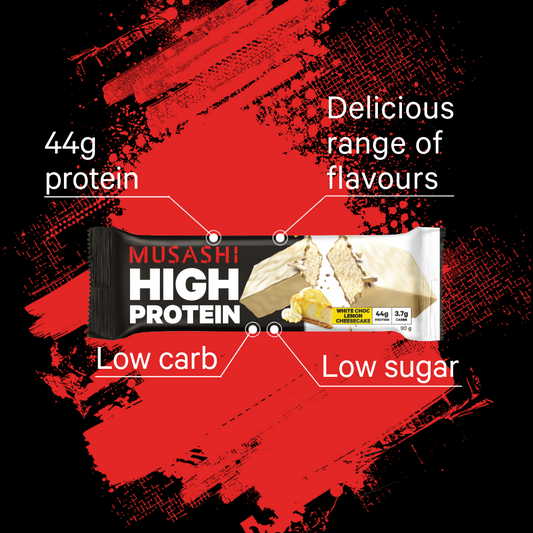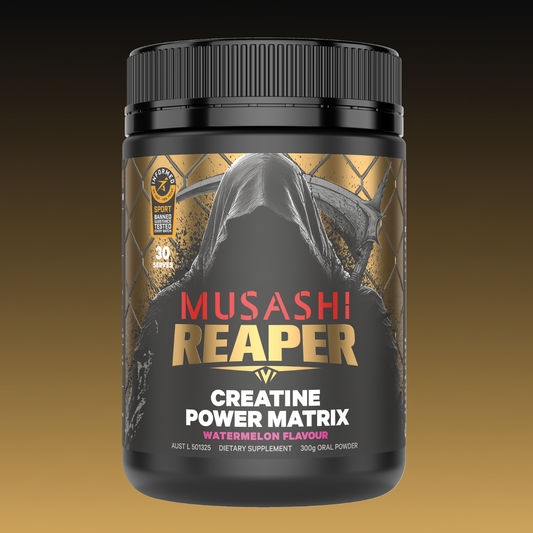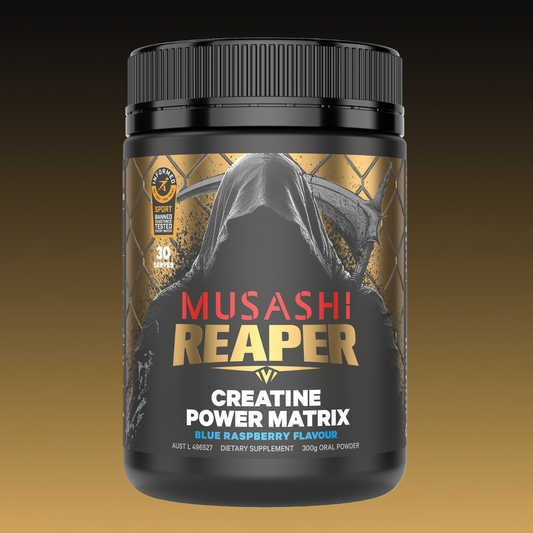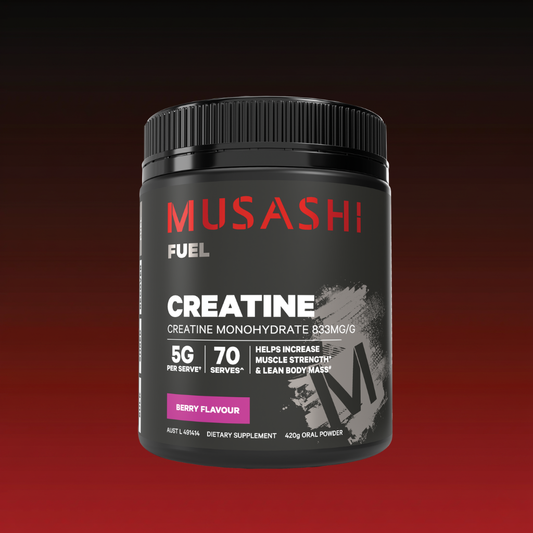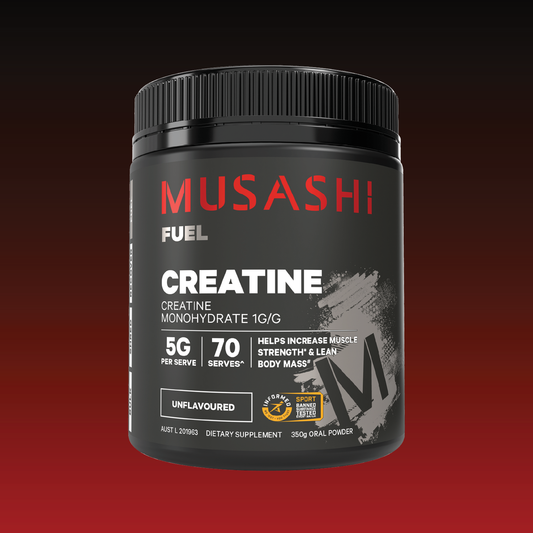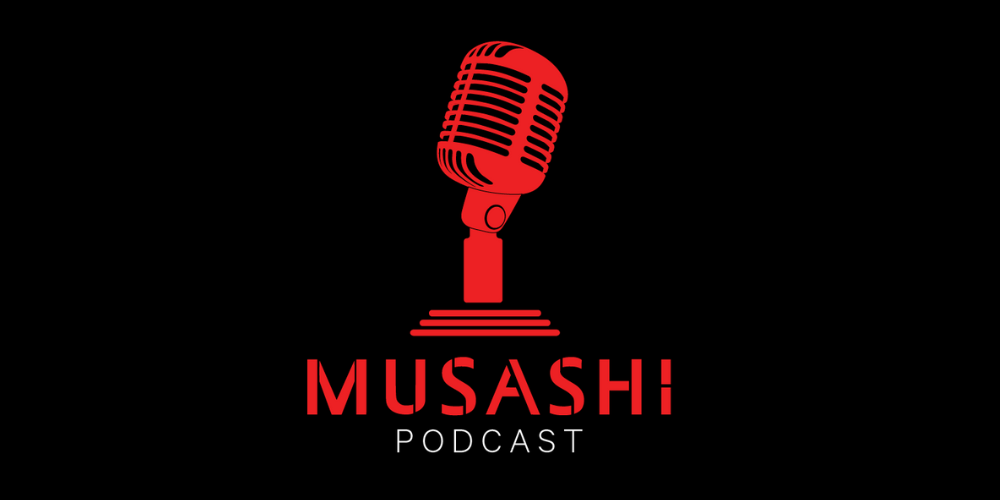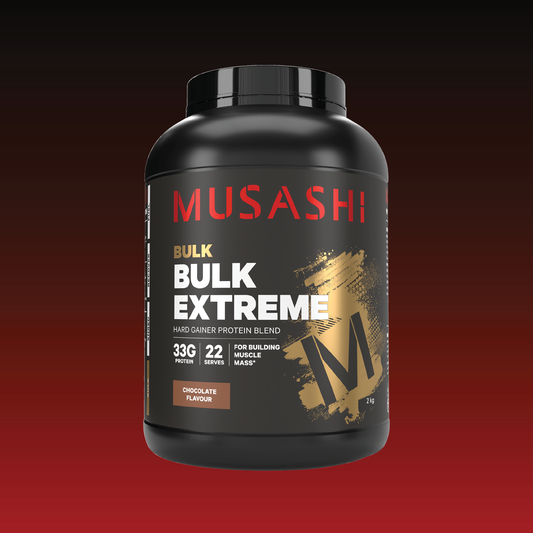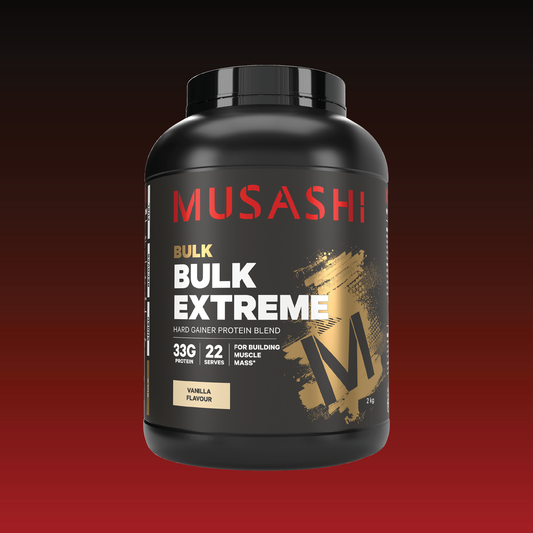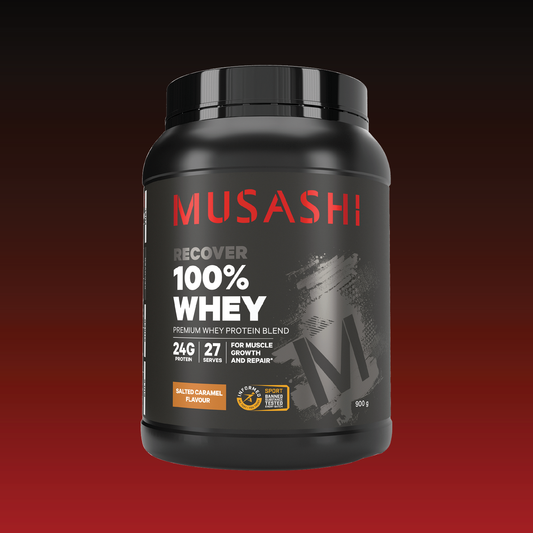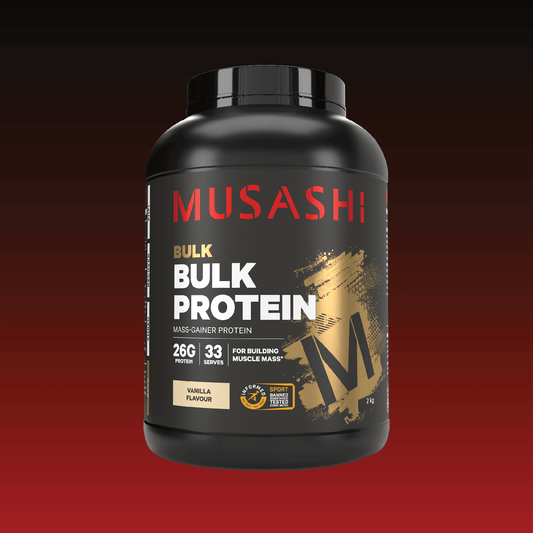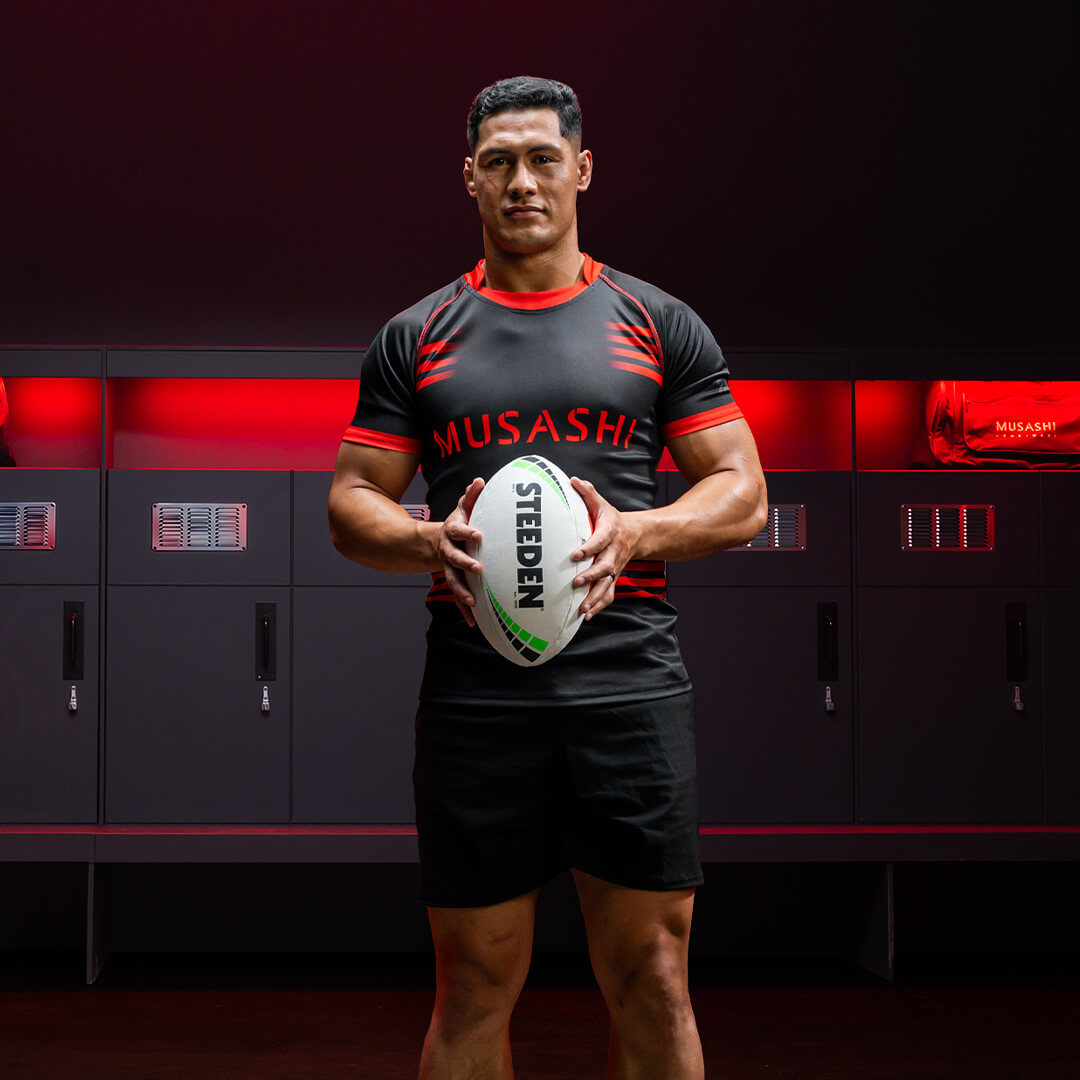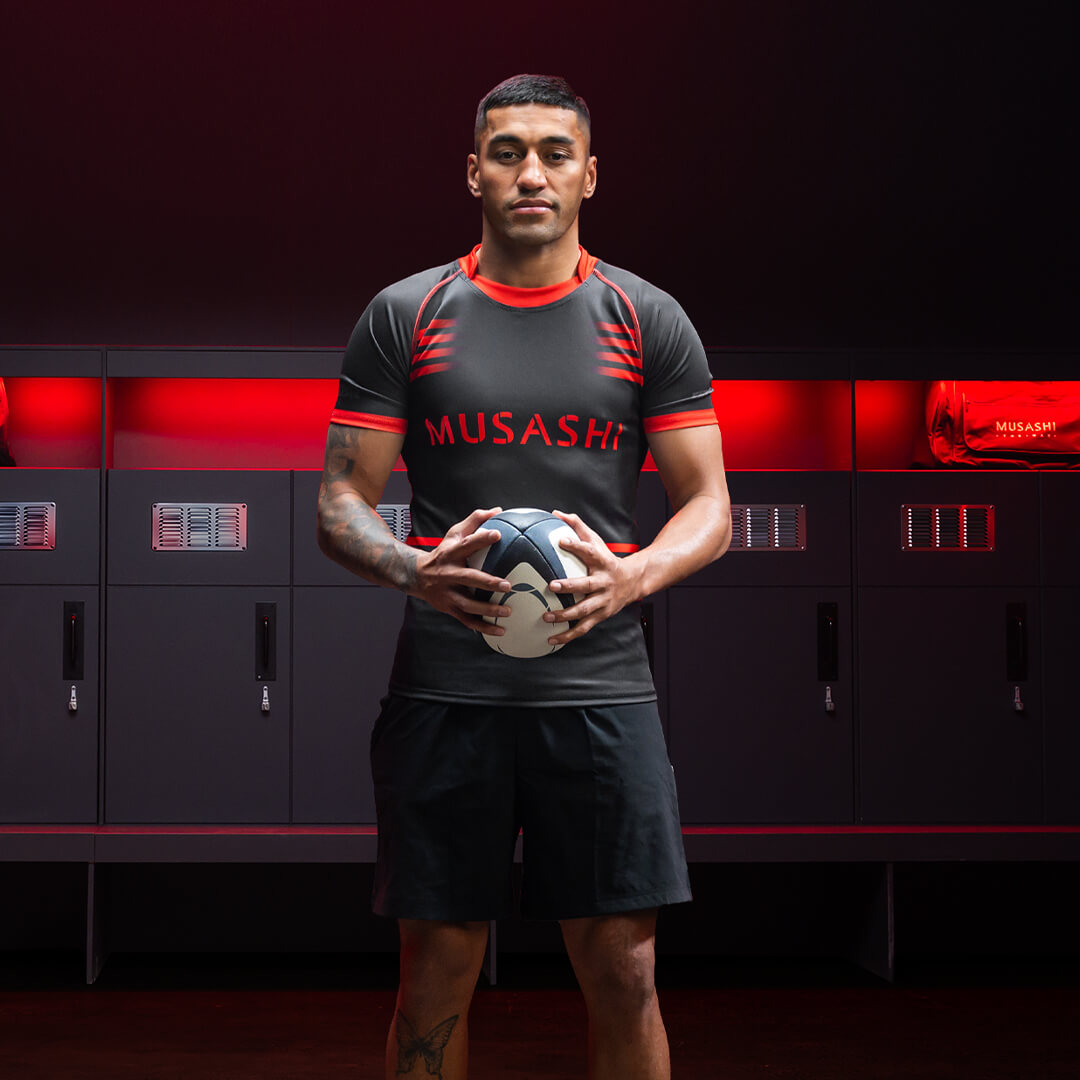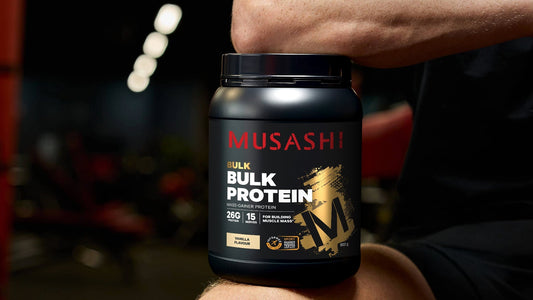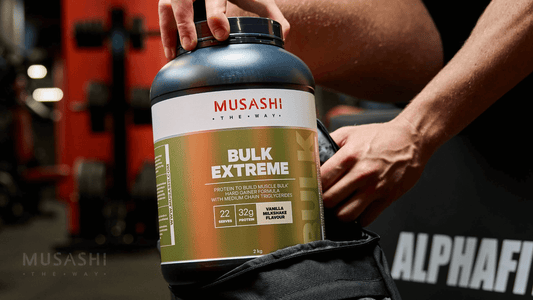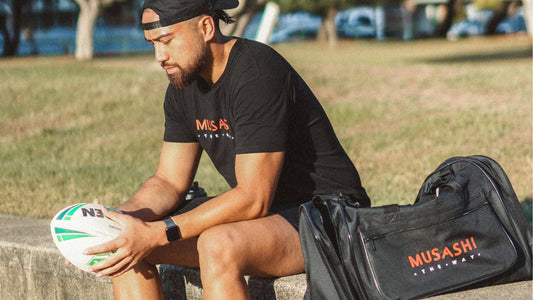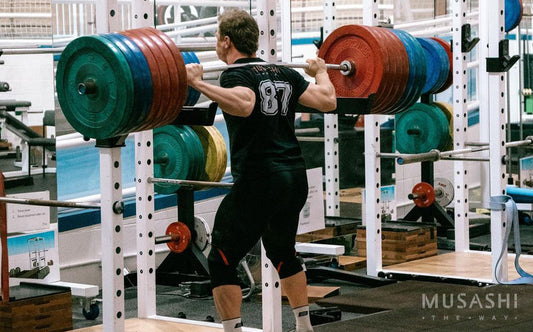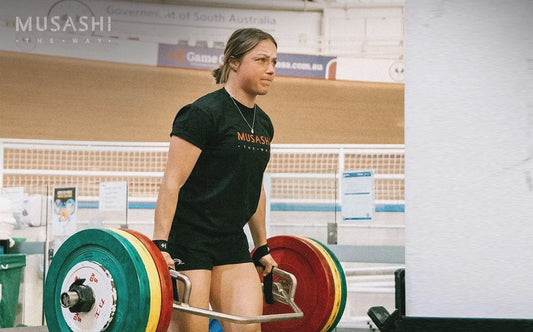NSWIS
• 28/07/2020
NSWIS: Fuel and Recovery Strategies for International Competition
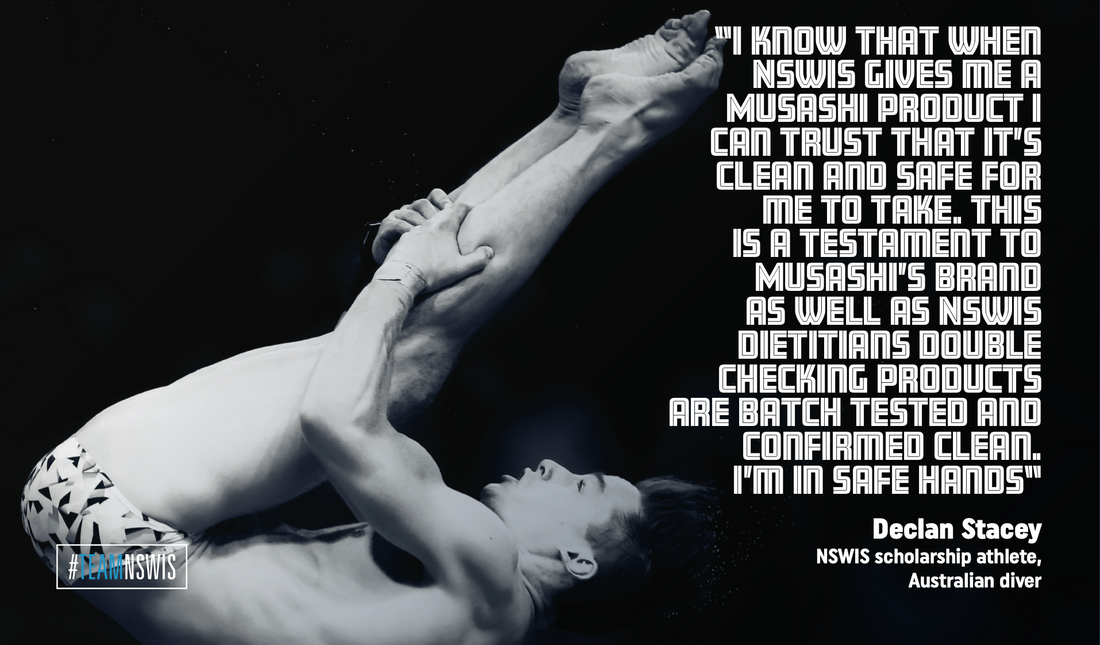
PERFORMANCE PARTNERS
The NSW Institute of Sport (NSWIS) aims to support Australian athletes to become world’s best. As an official NSWIS Performance Partner, Musashi works alongside the Institute’s leading experts and dietitians to assist in the provision of a world class service delivery to athletes.
Sports nutrition can play a key role in the success of an athlete’s career and Musashi continues to impact a wide range of NSWIS athletes, as detailed in our case studies.

Fuel and recovery strategies ahead of International Competition
Declan Stacey started his athletic career in gymnastics before successfully converting to an international level of diving. Having Commonwealth Games bronze in 2018 and gold at the World Cup Trials event in February 2020, he now has his sights firmly set on international glory and is leaving no stone unturned on his journey.Identifying performance improvements
Declan’s diet included balanced and varied meals with healthy food choices. He has learnt to review and refine his diet and nutrition habits over time to suit different physical requirements and training demands; especially in transitioning from gymnastics to diving. Body composition and physique is important for the sport of diving to allow strength and flexibility for complex dives. Therefore, it’s important Declan maintains a consistent weight to avoid any unwanted impacts on the torque and spin of his dives, and the impact of hitting the water. Declan’s weight was on track and stable, however when looking at eating habits, portion sizes and meal timings, there was an opportunity to make improvements to Declan’s body composition and energy levels by manipulating what and when he ate. While making healthy choices, he was eating large meals at fewer intervals over the day, meaning limited opportunities to eat between morning and afternoon training to both recover and prepare for the next session. At the end of a long training day, he would rely on a larger dinner to replenish what he had used through the day.
